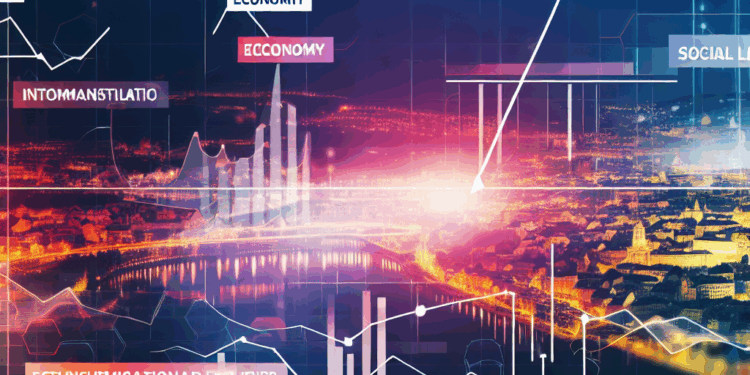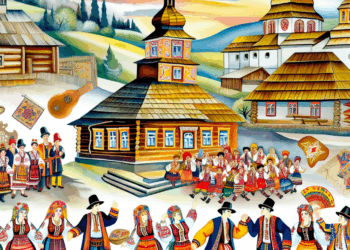Introduction
Romania in 2025 is going through an era of significant changes that concern both economic and social spheres. With globalisation and rapid transformations in domestic politics, the country is actively adapting to the new times. Let us consider the main events and trends that define the current agenda in Romania.
Economic changes
GDP growth and investments
According to Romania’s National Institute of Statistics, the country is projected to show a steady growth in Gross Domestic Product (GDP) in 2025. Forecasts show an increase of 4% year-on-year, driven by increased investment from both the public and private sectors. The main sources of investment are technology, energy and agriculture.
Digitalisation of the economy
One of the key trends is active digitalisation. Romania is among the top 20 countries in Europe in terms of the level of implementation of information technology in various sectors of the economy. Government programmes to support start-ups and small enterprises contribute to the creation of innovative jobs and improve the general standard of living of the population.
Social policy
Education
The education sector is undergoing notable changes. In 2025, the state authorities introduced new educational standards aimed at integrating modern technologies into the learning process. Romania’s participation in international educational projects increases opportunities for students, giving them access to modern knowledge and skills.
Health care
The Romanian health care system continues to be reformed. Particular attention is paid to improving the quality of health services and accessibility for the population, especially in rural areas. In 2025, a programme aimed at reducing waiting times for operations and examinations in medical institutions was launched.
Political sphere
Elections and political changes
Romania’s political life is actively developing. The country is preparing for parliamentary elections in 2025, where high competition between major parties is expected. Environmental and social justice issues are expected to be key election themes. New political movements are demonstrating interest in sustainable development and digitalisation of public governance, which will shape the debate agenda.
Foreign Policy
Romania is actively developing its foreign relations, strengthening relations with both neighbouring countries and the European Union. Security, economic and cultural co-operation is increasing. Romania seeks to take a more active position on regional issues, such as energy security and migration.
Cultural changes
Arts and culture
In the field of culture, Romania continues to develop. In 2025, the country actively organises international festivals, exhibitions and concerts, which attract the attention not only of locals, but also of tourists from all over the world. The cultural heritage of the country becomes an important factor of its image on the international arena.
Sport
Romania’s sporting life also shows positive changes. The country participates in international sports competitions, and new sports complexes and infrastructure create opportunities for the development of various sports. The achievements of Romanian athletes in international tournaments inspire the younger generation to take up sports.
Environmental initiatives
In 2025, Romania has committed to reduce carbon emissions within the framework of international agreements. The development of renewable energy sources and energy efficiency are becoming priorities of public policy. Ecotourism and sustainable agriculture are increasingly recognised by the population and entrepreneurs.
Conclusion
Romania in 2025 represents a country at a turning point in its development. Economic sustainability, social reforms and active participation in international processes are shaping a new society ready for the challenges of modernity. The country is actively changing and, despite the complex issues it faces, the Romanian people continue to move forward.








